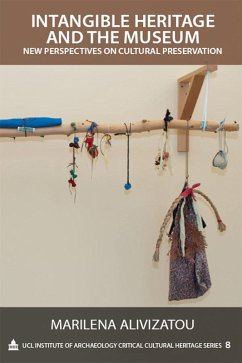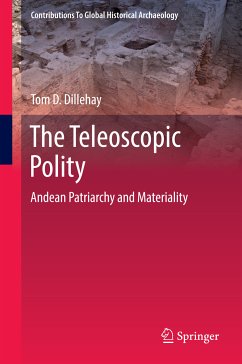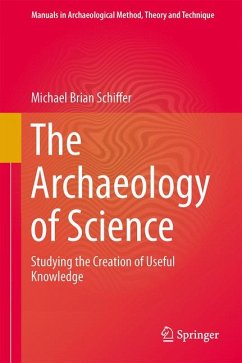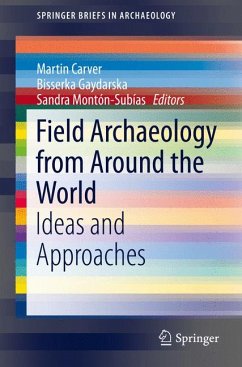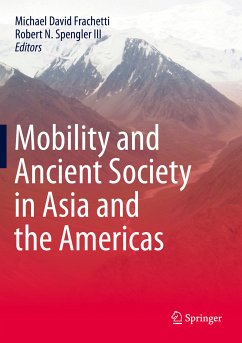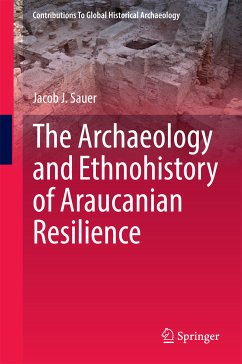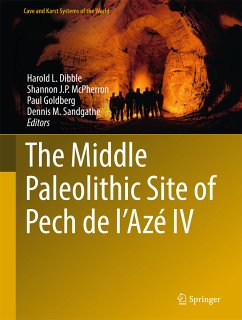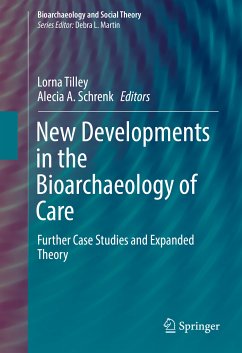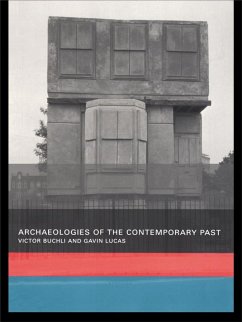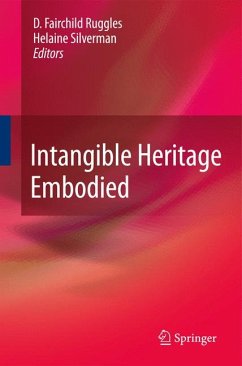
The Intangible Elements of Culture in Ethnoarchaeological Research (eBook, PDF)
Versandkostenfrei!
Sofort per Download lieferbar
104,95 €
inkl. MwSt.
Weitere Ausgaben:

PAYBACK Punkte
52 °P sammeln!
This volume focuses on the intangible elements of human cultures, whose relevance in the study of archaeology has often been claimed but rarely practiced. In this book, the authors successfully show how the adoption of ethnoarchaeological perspectives on non-material aspects of cultures can support the development of methodologies aimed at refining the archaeological interpretation of ancient items, technologies, rituals, settlements and even landscape. The volume includes a series of new approaches that can foster the dialogue between archaeology and anthropology in the domain of the intangib...
This volume focuses on the intangible elements of human cultures, whose relevance in the study of archaeology has often been claimed but rarely practiced. In this book, the authors successfully show how the adoption of ethnoarchaeological perspectives on non-material aspects of cultures can support the development of methodologies aimed at refining the archaeological interpretation of ancient items, technologies, rituals, settlements and even landscape.
The volume includes a series of new approaches that can foster the dialogue between archaeology and anthropology in the domain of the intangible knowledge of rural and urban communities. The role of ethnoarchaeology in the study of the intangible heritage is so far largely underexplored, and there is a considerable lack of ethnoarchaeological studies explicitly focused on the less tangible evidence of present and past societies. Fresh case studies will revitalize the theoretical debate around ethnoarchaeology and its applicability in the archaeological and heritage research in the new millennium.
Over the past decade, 'intangible' has become a key word in anthropological research and in heritage management. Archaeological theories and methods regarding the explorations of the meaning and the significance of artifacts, resources, and settlement patterns are increasingly focusing on non-material evidence. Due to its peculiar characteristics, ethnoarchaeology can effectively foster the development of the study of the intangible cultural heritage of living societies, and highlight its relevance to the study of those of the past.
Dieser Download kann aus rechtlichen Gründen nur mit Rechnungsadresse in A, B, BG, CY, CZ, D, DK, EW, E, FIN, F, GR, HR, H, IRL, I, LT, L, LR, M, NL, PL, P, R, S, SLO, SK ausgeliefert werden.



